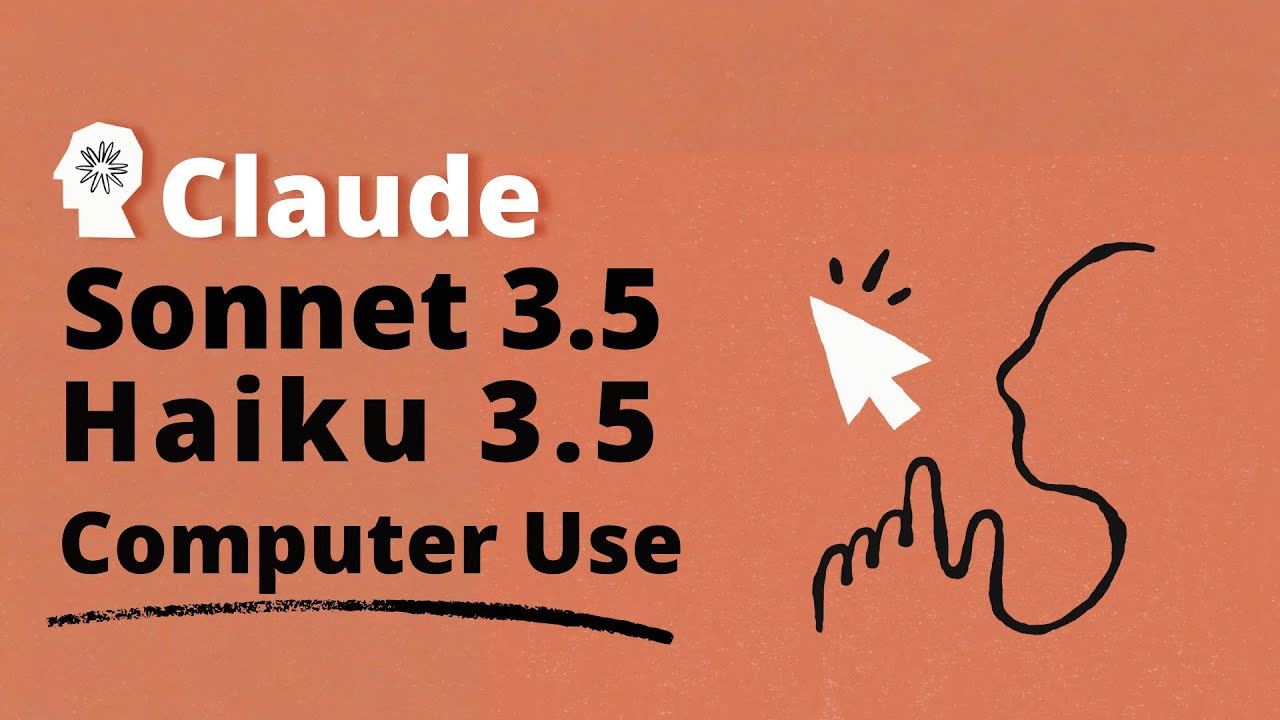Anthropic has launched an upgraded 3.5 Sonnet model and announced the upcoming 3.5 Haiku model, both showing significant improvements in performance, particularly in coding and agentic tool use. Additionally, they introduced an API that allows Claude models to interact directly with users’ computers, enabling autonomous tasks like web searches and document editing, though users are cautioned about potential risks.
In a recent announcement, Anthropic has introduced two new models: an upgraded version of the 3.5 Sonnet and a new model called 3.5 Haiku. The upgraded 3.5 Sonnet is now available across multiple platforms, including Anthropic’s own, Google Cloud Vertex, and Amazon Bedrock. This model has shown significant improvements in various benchmarks, particularly in coding and agentic tool use, outperforming its predecessor and competing models like GPT-4 and Gemini 1.5 Pro in most areas, except for one benchmark where Gemini still leads.
The 3.5 Haiku model, while not yet available, is expected to launch later this month. It is anticipated to surpass even the Claude 3 Opus model in performance on several tasks. The new Haiku model is designed to be quick and cost-effective, making it an appealing option for users who prioritize efficiency. However, it will initially support text input only, with image input capabilities to follow.
A significant highlight of the announcement is the introduction of an API that allows the Claude models to interact directly with users’ computers. This feature enables the models to perform tasks such as conducting web searches and editing documents autonomously, rather than relying on traditional tool usage. This development aligns with previous discussions about the potential for AI agents to operate more independently and effectively within user environments.
During demonstrations of the computer use feature, some amusing errors were encountered, highlighting the need for caution when allowing an AI to control computer functions. Users are advised to consider using a separate computer for these tasks to mitigate risks. The API is designed to execute commands like mouse movements and keystrokes, which could enable the AI to manage various applications effectively.
Overall, the new releases from Anthropic represent a significant advancement in AI capabilities, particularly for coding and agentic tasks. The upgraded 3.5 Sonnet is expected to be a valuable tool for developers, while the 3.5 Haiku model promises speed and efficiency. The introduction of the computer use API marks a notable step towards more autonomous AI interactions, though users should remain vigilant about the potential risks involved. Future developments, including the anticipated Opus 3.5 model, are eagerly awaited by the AI community.
